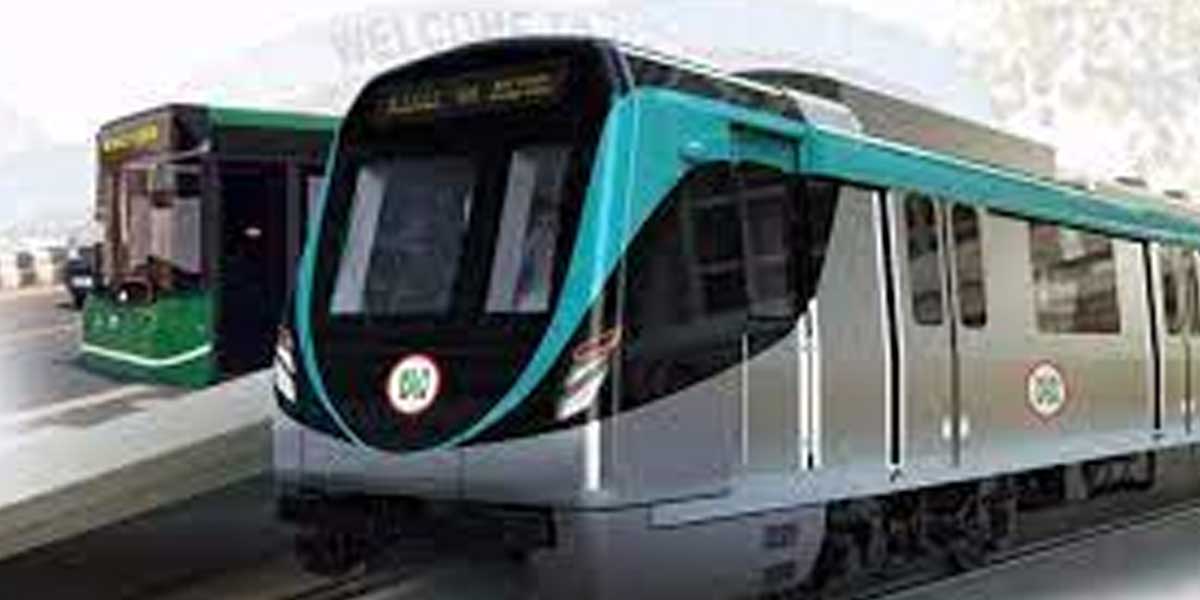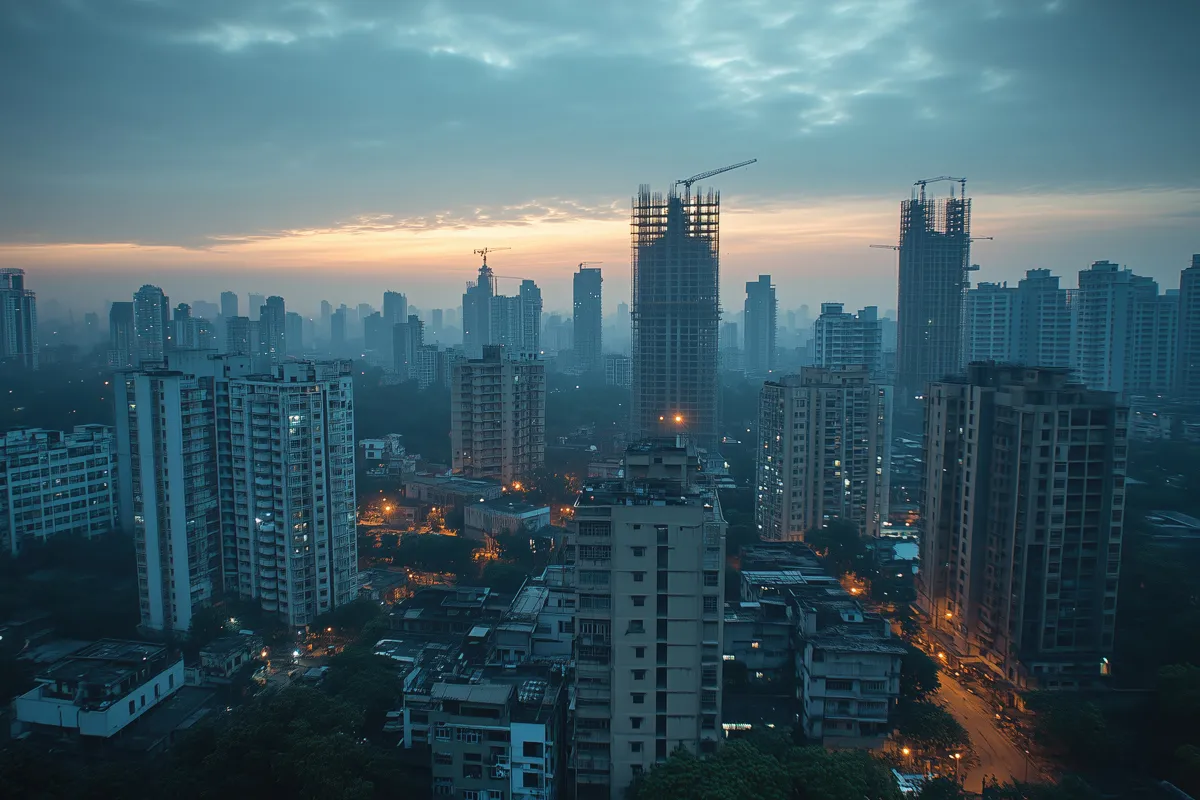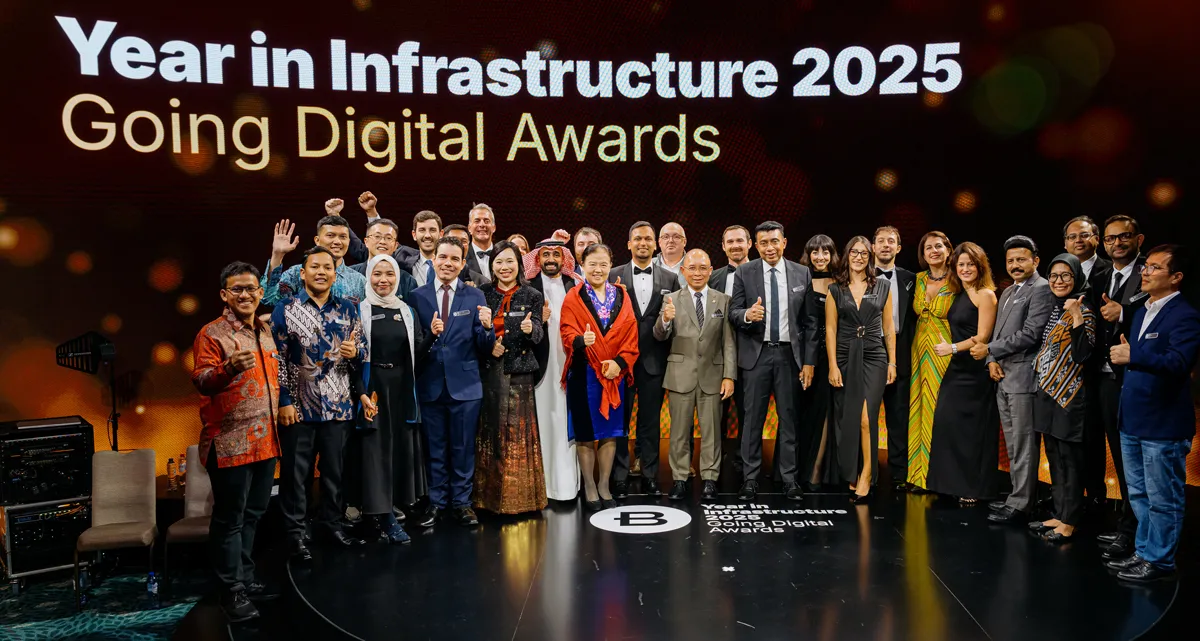
Delhi Metro advances towards unmanned operations on Pink, Magenta Lines

What Does DCPR 2034 Mean?
The Maharashtra government has eased approval norms for high-rise buildings under DCPR 2034, enabling the municipal commissioner to sanction projects up to 180 m on large plots. This change is expected to streamline approvals, reduce procedural delays and accelerate redevelopment, drawing reactions from developers, planners and industry experts about its implications for Mumbai’s vertical growth.Under the revised DCPR 2034 rules, buildings on plots of 2,000 sq m or more can now be approved up to 180 m by the municipal commissioner, provided structural and geotechnical reports are certified b..

Driving Infrastructure Forward with Trustworthy AI
At its Year in Infrastructure 2025 conference in Amsterdam, Bentley Systems reaffirmed its vision for trustworthy AI and connected digital ecosystems shaping the future of infrastructure engineering. The company unveiled AI-powered design applications and Bentley Infrastructure Cloud Connect, a unifying platform connecting data, workflows and professionals across the project lifecycle.“AI is poised to transform infrastructure,” said Nicholas Cumins, CEO, Bentley Systems. “At Bentley, our vision is for AI to empower engineers – not replace them. Trustworthy AI, built on infrastruct..

Indian Real Estate Sector Sees Highest Capital Inflow in Seven Years
Equirus Capital, a leading full-service investment banking firm, has reported that India’s real estate sector has witnessed its highest capital inflow in seven years, with funds raised reaching ₹23,080 crore across 12 deals.According to Equirus Capital’s analysis, the cumulative capital raised by the sector since FY18 stands at ₹72,331 crore. Of this, Real Estate Investment Trusts (REITs) accounted for the largest share at ₹31,241 crore, followed by large-cap real estate companies at ₹20,437 crore, mid-cap players at ₹12,496 crore, and small-cap firms contributing ₹8,156 crore...
















